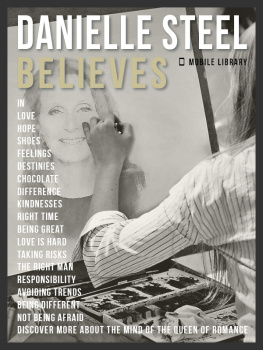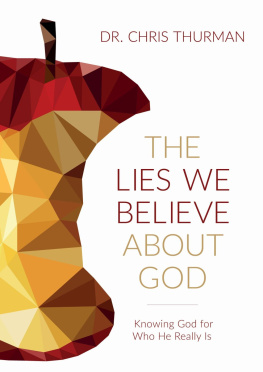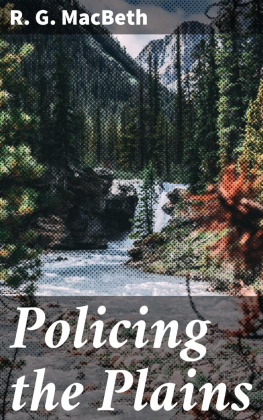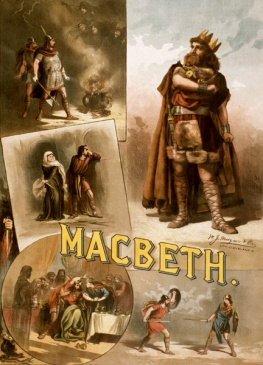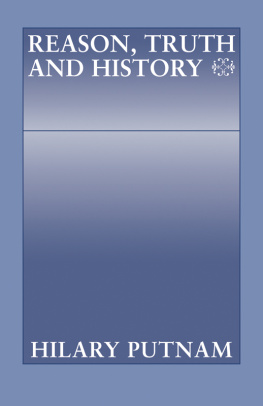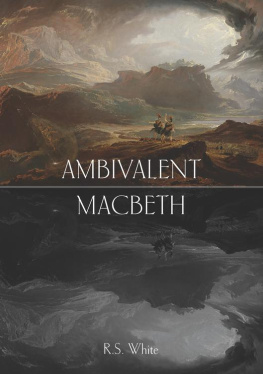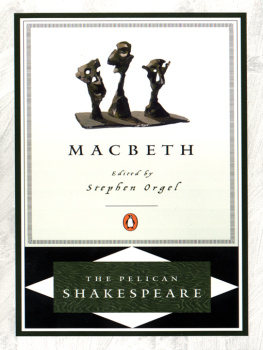Danielle Macbeth - Realizing Reason: A Narrative of Truth and Knowing
Here you can read online Danielle Macbeth - Realizing Reason: A Narrative of Truth and Knowing full text of the book (entire story) in english for free. Download pdf and epub, get meaning, cover and reviews about this ebook. year: 2014, publisher: Oxford University Press, genre: Religion. Description of the work, (preface) as well as reviews are available. Best literature library LitArk.com created for fans of good reading and offers a wide selection of genres:
Romance novel
Science fiction
Adventure
Detective
Science
History
Home and family
Prose
Art
Politics
Computer
Non-fiction
Religion
Business
Children
Humor
Choose a favorite category and find really read worthwhile books. Enjoy immersion in the world of imagination, feel the emotions of the characters or learn something new for yourself, make an fascinating discovery.

- Book:Realizing Reason: A Narrative of Truth and Knowing
- Author:
- Publisher:Oxford University Press
- Genre:
- Year:2014
- Rating:5 / 5
- Favourites:Add to favourites
- Your mark:
- 100
- 1
- 2
- 3
- 4
- 5
Realizing Reason: A Narrative of Truth and Knowing: summary, description and annotation
We offer to read an annotation, description, summary or preface (depends on what the author of the book "Realizing Reason: A Narrative of Truth and Knowing" wrote himself). If you haven't found the necessary information about the book — write in the comments, we will try to find it.
Realizing Reason: A Narrative of Truth and Knowing — read online for free the complete book (whole text) full work
Below is the text of the book, divided by pages. System saving the place of the last page read, allows you to conveniently read the book "Realizing Reason: A Narrative of Truth and Knowing" online for free, without having to search again every time where you left off. Put a bookmark, and you can go to the page where you finished reading at any time.
Font size:
Interval:
Bookmark:
Realizing Reason
A Narrative of Truth and Knowing
Danielle Macbeth


Great Clarendon Street, Oxford, OX2 6DP,
United Kingdom
Oxford University Press is a department of the University of Oxford. It furthers the Universitys objective of excellence in research, scholarship, and education by publishing worldwide. Oxford is a registered trade mark of Oxford University Press in the UK and in certain other countries
Danielle Macbeth 2014
The moral rights of the author have been asserted
First Edition published in 2014
Impression: 1
All rights reserved. No part of this publication may be reproduced, stored in a retrieval system, or transmitted, in any form or by any means, without the prior permission in writing of Oxford University Press, or as expressly permitted by law, by licence, or under terms agreed with the appropriate reprographics rights organization. Enquiries concerning reproduction outside the scope of the above should be sent to the Rights Department, Oxford University Press, at the address above
You must not circulate this work in any other form and you must impose this same condition on any acquirer
Published in the United States of America by Oxford University Press 198 Madison Avenue, New York, NY 10016, United States of America
British Library Cataloguing in Publication Data
Data available
Library of Congress Control Number: 2014933688
ISBN 9780198704751
As printed and bound by
CPI Group (UK) Ltd, Croydon, CR0 4YY
Links to third party websites are provided by Oxford in good faith and for information only. Oxford disclaims any responsibility for the materials contained in any third party website referenced in this work.
The world of mathematics is not a world apart. We will not have an adequate account of the physical world and our knowledge of it until we understand better than we presently do the role played by mathematics in our accounts of physical phenomena. And it is not likely that we will satisfy ourselves on that score until we have produced accounts of knowledge, truth, and reality that deal adequately with pure mathematics as well.
Benacerraf and Putnam
When I began this project it had a different title and a more modest ambition. Only very recently did it become apparent to me that not only was I tracing developments in the practice of mathematics I was tracking also the realization of reason as a power of knowing. In retrospect, I think that it had to be this way: only after reason is realized as a power of knowing is it possible to recognize the process of its realization as such. And having become clear on the end of project, the book I was actually writing, I became clear also about its beginning, where, how, and when this project seems actually to have started, namely, I now think, with my dissertation in the philosophy of mind written under John Haugeland (and inspired by his reading of Heidegger) at the University of Pittsburgh in the 1980s. I could not have anticipated then that to understand our intentional directedness on objective reality would require, first, a radically new reading of Freges Begriffsschrift notation (the reading I develop in Freges Logic), and building on that reading, the account of the whole of the history of Western mathematics that I offer here. Nevertheless, that, so it seems to me, is what has happened.
Mathematics and philosophy have of course been intimately related throughout their history in the West. For Plato, the study of mathematics was a propaedeutic to the philosophical inquiry he called dialectic. For Descartes, method in metaphysics was modeled on his new method in mathematics. Leibniz, Kant, and Frege all held that one way or another the practice of mathematics was central to the practice of philosophy. And so it is here. To understand the nature of mathematics is, on our account, integral to understanding ourselves as the rational beings we are. This is due in part to the fact that mathematics, like philosophy, is a paradigm of rational activity. But it depends also on the fact that in mathematics, and only in mathematics, can a language be developed that, like natural language, serves as a medium of our cognitive commerce with reality. (This is not to say that one needs to have special training in mathematics to comprehend this work. One does not.) Understanding how a mathematical language such as Freges concept-script can serve as a medium of our cognitive involvements in the world is the first step in understanding even our everyday involvements in the world. The most technically challenging material here is not, then, in the chapters on mathematical practice but instead in worked through all the details of Freges proof that are there discussed, is to have the literacy that is needed fully to understand Freges notation.
A proof in mathematics is of course very different from the sort of narrative that is told here. A proof is a kind of argument, a giving of reasons, grounds, or justifications, and a narrative is not. But perhaps this is too simple. After all, the proofs that mathematicians concern themselves with generally have, as stories do, a central idea on which the whole development turns. And there is development in a mathematical proof. Things happen in a (real) proof; proofs unfold and can have surprising turns. Mathematical proofsgood ones, interesting onesare, in short, rather like narratives. And narratives can in their way provide reasons, grounds, and justifications insofar as they can help one to learn new ways of making sense of things, and to see how old ways of making sense do not in fact withstand critical scrutiny. If one is trying to change a readers conception of what makes sense at all, trying to change the space of possibilities within which a readers thought moves (as I aim to here), then a traditional philosophical argument is of little use. Arguments can be formulated only within established disciplinary boundaries, where the rules and acceptable starting points have already been agreed upon, at least in the main. What is needed, and what these pages provide, is a narrative of our intellectual maturation and growth, one that, if successful, will change a readers way of looking at things.
DM
In the years I have been working on this project I have had the very good fortune to lecture on the work to audiences around the world. And some of those lectures, or papers based on them, have been subsequently published. My thanks to the following for kind permission to use previously published material.
John Wiley and Sons: The Coin of the Intentional Realm (based on work in my dissertation), Journal for the Theory of Social Behavior 24 (1994): 14366, for material in section 1.3.
College Publications: Diagrammatic Reasoning in Euclids Elements, Philosophical Perspectives on Mathematical Practice, Texts in Philosophy, vol. 12, ed. Bart Van Kerkove, Jonas De Vuyst, and Jean Paul Van Bendegem (London: College Publications, 2010), for much of .
New School for Social Research: Vite, Descartes, and the Emergence of Modern Mathematics, Graduate Faculty Philosophy Journal 25 (2004): 87117, sections 3.2 through 3.4.
Oxford University Press: Logic and the Foundations of Mathematics,
Font size:
Interval:
Bookmark:
Similar books «Realizing Reason: A Narrative of Truth and Knowing»
Look at similar books to Realizing Reason: A Narrative of Truth and Knowing. We have selected literature similar in name and meaning in the hope of providing readers with more options to find new, interesting, not yet read works.
Discussion, reviews of the book Realizing Reason: A Narrative of Truth and Knowing and just readers' own opinions. Leave your comments, write what you think about the work, its meaning or the main characters. Specify what exactly you liked and what you didn't like, and why you think so.

